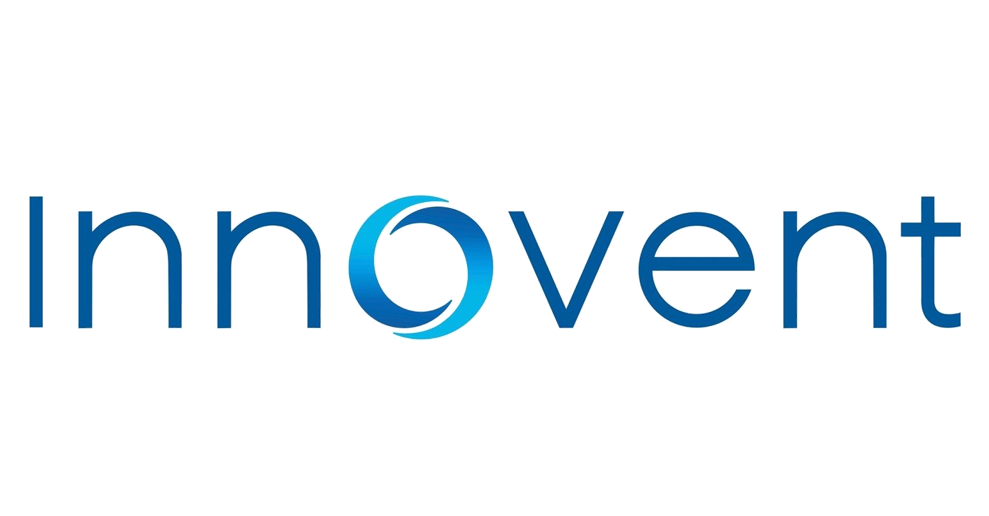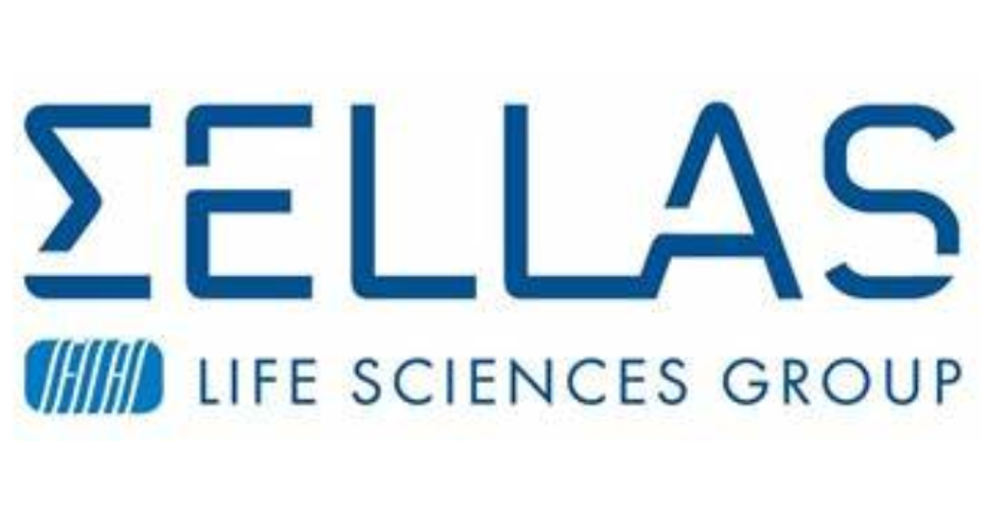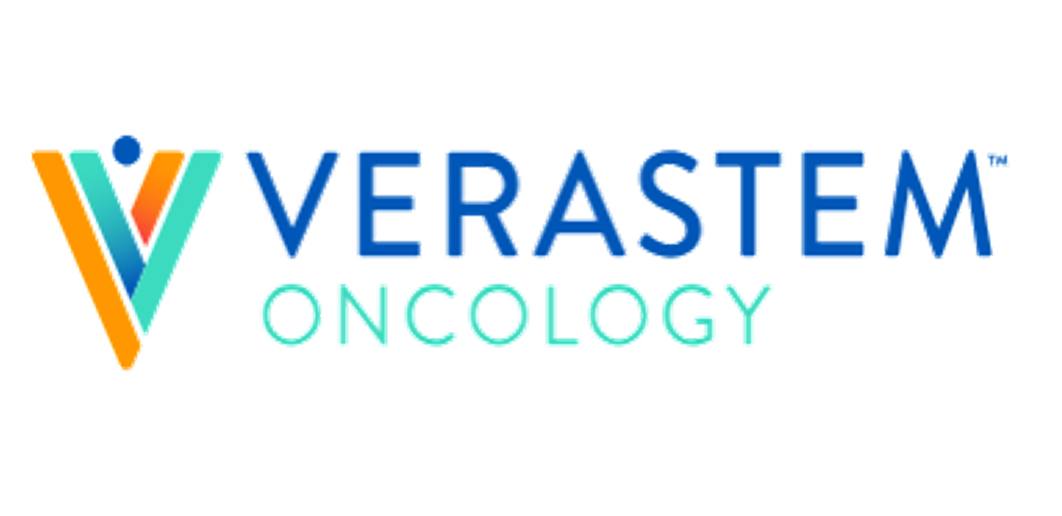


Project
Target
Indication
Preclinical
PhI
PhII
PhIII
NDA
Marketed
Commercial rights
Partner





























































































.jpg)
The platform is rooted in our endeavor to develop differentiated therapeutic options based on clinical needs. We focus on addressing clinical needs by analyzing disease-related factors such as geographical variations, underlying biological mechanisms, primary or secondary drug resistance, and the specifics of medical treatment modalities. We also consider the mechanisms of drug action and the global clinical strategy landscape.
We deploy computational biology, bioinformatics, and artificial intelligence to systematically track, discover and evaluate new drug targets based on clinical needs. By analyzing literature and ongoing research in the field, we are able to identify and prioritize novel and potentially druggable targets. After integrating insights from the developments and future projections of the industry as a whole, our target discovery platform crafts differentiated clinical development strategies tailored to specific disease contexts and therapeutic areas
The newly established DMPK platform contributes to screening and optimization of preclinical candidates through ADME (absorption, distribution, metabolism & excretion) simulation in human body and relevant pharmacokinetic studies, so as to boost success rates of drug discovery and clinical trials from the early stage of R&D programs onwards.

.jpg)
This platform is a critical component in our new drug development process, which is designed to enhance the efficiency and success rate of our drug discovery efforts. The platform includes integrated molecular design, synthesis and optimization technology, high-quality molecular discovery, efficient drug metabolism and pharmacokinetics research technology, comprehensive biological and drug mechanisms evaluation technology, which together not only accelerate the molecular investigation phase but also significantly increase the likelihood of successful drug development.
As a key node linking early discovery and translational medicine, the department integrates advanced models such as SAR (structure-activity relationship),SPR (structure-property relationship) and CADD (computer-aided drug design) into a grand R&D platform of synthetic chemistry and computing science. Through multi-layered screening, the department is projected to identify preclinical candidates with active physical & chemical characteristics and great PK&PD properties for the development of novel molecules in bringing innovative therapies.
The multi-functional platform of molecular biology and biochemical analysis undertakes high-throughput screening and activity evaluation at enzyme and cytology levels. Besides, the department set up animal models of multiple tumors and autoimmune diseases to identify the in vivo effects and mechanism of molecules. The whole process of in vitro and in vivo analysis methods is capable of supporting the biological research from preclinical studies to clinical transformation.
The new R&D system contains a broad range of functions including antibody discovery, activity screening, drug effects identification, mechanism research and expression & purification of protein. With exclusive screening strategy and antibody engineering, the department is targeted to develop various types of antibody drugs and thus make contributions to GenFleet’s balanced matrix of products.

.jpg)
GenFleet's CMC system encompasses the synthesis of preclinical candidates, clinical batch supplies, as well as process development and quality control in commercial production. We possess expertise in dosage form screening, formulation process refinement, quality control method development and validation, kilogram-scale pilot production, and process validation at the NDA stage. Our distinctive advantage facilitates the development of our innovative pipeline and improves the affordability and accessibility of innovative therapies.
Our CMC functions facilitate a smooth drug development to potentially reduce the overall development timeline. In particular, we develop suitable process and ensure quality control according to applicable drug registration regulations at early stages of product development. This strategy enables us to avoid detours in subsequent development stage resulted from CMC issues that could have been addressed earlier in the process, therefore may improve the overall efficiency of our research and development efforts. We believe our meticulous CMC development for fulzerasib since the start of the program facilitated fulzerasib to receive marketing approval in China in merely approximately three years after it obtained IND approval. Our CMC functions also undergirds our swift development of the comprehensive RAS matrix in merely seven years since our inception
Our CMC process development capabilities allow us to device efficient synthetic routes and establish measures to ensure consistent and reliable production, thereby contribute to cost control and efficient use of resources. In the past, we had significantly lowered the cost of goods of fulzerasib by approximately 30-fold primarily through optimizing the process route and production scaling up. Evidencing our reliable capabilities, we will work with Innovent to secure commercial supply of fulzerasib in China. We intend to further optimize the CMC aspects of fulzerasib and view the ability to substantially reduce the cost of goods, in particular for commercial drug supply, not only as a critical factor for achieving commercial success, but also as our social responsibility to lower the burden for patients in need.
The department of Pharmaceutical Development strives to prepare multiple solid and liquid dosage forms to increase bioavailability by utilizing conventional and innovative technology in lab scale formulation study, process development, scale-up manufacturing and compatibility study of packaging materials. Moreover, the department features the analytical platform to conduct the development, validation and transfer of analytical methods. It also supports the quality control system and IND & NDA submissions throughout the life cycle management of GenFleet's innovative medicines.
In light of global standards, the department of Pharmaceutical Development aims to build a comprehensive system of CMC regulatory affairs management for R&D process, regulatory submissions and clinical batch supplies. As the ultimate goal of this function, the establishment of a drug supply chain in compliance with global standards greatly facilitates regulatory registrations worldwide.
As the principle of quality management is implemented to different level throughout R&D process, the department of Pharmaceutical Development seeks to build a quality control system based on ICH and WHO guidance, to ensure all in-house and external R&D performances are in consistency with international regulatory requirements. In addition, it's the mission of the department to continuously improve the overall quality control system at different stages of the company's growth and development.

.jpg)
Each of our clinical projects is grounded in a thorough comprehension of the target mechanism and pertinent indications, coupled with extensive expertise in clinical and regulatory landscape across diverse regions. A tailored clinical plan is strategically devised for each product in the pipeline, taking into account its unique attributes. The department of has forged profound connections with medical professionals and regulatory bodies in regions like China, the United States, and Australia, facilitating efficient and orderly progression of global multiregional clinical development.
With experiences in big pharmas, clinical research organizations and local biotechs, the department integrates various functions and continuously improves the clinical development on the basis of disease biology and translational medicine. The department’s executives used to lead early-stage & late-stage clinical programs and the clinical research platform of translational clinical oncology in multinational enterprises.
GenFleet has been advancing clinical trials targeting multiple indications including solid tumors, liquid tumors and autoimmune diseases. Staff of the department are experienced in conducting trials for treating cancer and autoimmune diseases. By means of macro clinical planning and micro data analysis, the team strives to promote the discovery and development of innovative medicines through excellent execution.
In line with ICH and local regulations of novel drug clinical development, the department sets up a system of clinical research management and quality control through standards of practice for supervision and execution. Diversified experiences in big pharmas, clinical research organizations and local biotechs enable the department to control the risk of clinical development and ensure quality through the team’s precision approaches together with insightful advice from external experts.

.jpg)
Deeply understanding molecular mechanism of diseases, we take advantage of the bioinformatics & molecular pathology platform to discover disease-related biomarkers and innovative targets. Bridging between bench and bedside research, our translational studies support model selection and pharmacodynamic index identification in drug discovery.
With reference to molecular pharmacology and potential targets' biological functions, we employ the platform of molecular pathology & multi-omics to search for original biomarkers (including patient screening biomarkers, pharmacodynamic markers, etc.), and establish feasible detection methods in line with regulations of clinical development.
Translational studies span across patient screening, drug resistance mechanism discovery, drug combination strategy and indication selection in clinical development. We strive to identify potential targets according to research data, seek new molecules with full verification through lab tests, and move potential preclinical candidates into clinical trials.
In view of biological mechanism and big data in healthcare, we select most suitable indications to serve unmet clinical needs. Besides, we explore potential mechanisms of drug resistance in translational studies to spot anti-drug resistant compounds and expand indication for novel drugs.